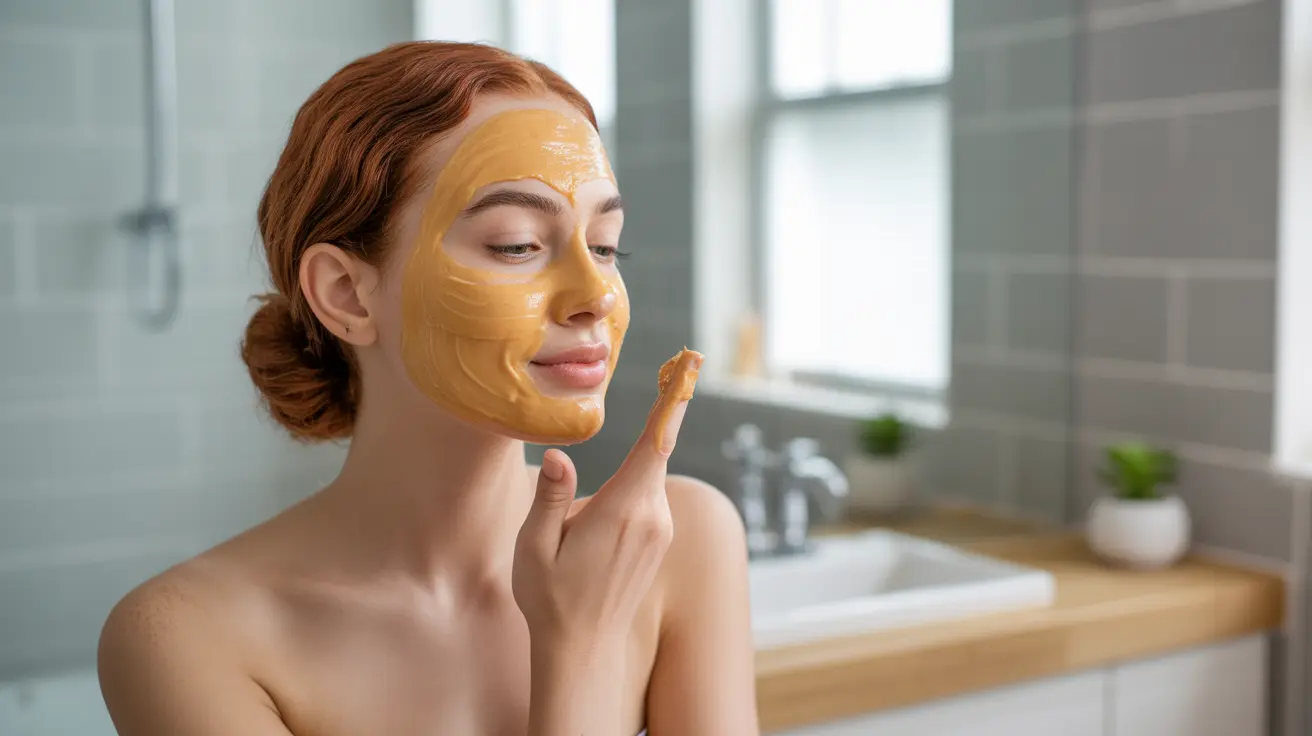The trend of using natural ingredients in skincare has led many to explore unconventional options, including peanut butter face masks. While peanut butter is commonly known for its nutritional benefits when consumed, its potential use as a skincare ingredient has garnered attention. This comprehensive guide examines the facts about using peanut butter on your face, helping you understand both the potential benefits and risks.
Understanding Peanut Butter's Skincare Properties
Peanut butter contains several compounds that could theoretically benefit the skin, including vitamin E, protein, and healthy fats. However, it's crucial to understand that not all ingredients safe for consumption are equally beneficial when applied topically.
Potential Benefits of Peanut Butter for Skin
When considering peanut butter as a skincare ingredient, several potential benefits have been identified:
- Moisturizing properties from natural oils
- Vitamin E content for antioxidant protection
- Protein that may support skin barrier function
- Gentle exfoliation from natural particles
Risks and Considerations
Before applying peanut butter to your face, consider these important risk factors:
Allergic Reactions
Peanut allergies are common and can be severe. Even if you've never experienced a peanut allergy when eating, topical application might trigger a reaction.
Comedogenic Properties
Peanut butter's thick, oily nature may clog pores, potentially leading to breakouts, especially in acne-prone skin.
Safe Application Guidelines
If you decide to try a peanut butter face mask, follow these safety steps:
- Perform a patch test 24 hours before full application
- Use natural, unsweetened peanut butter without additives
- Clean your face thoroughly before application
- Limit mask time to 10-15 minutes
- Remove completely with warm water and gentle cleanser
Suitable Skin Types
Peanut butter masks may be more suitable for certain skin types:
- Dry skin might benefit from the moisturizing properties
- Normal skin may tolerate occasional use
- Oily or acne-prone skin should exercise caution
- Sensitive skin types should consider alternatives
Frequently Asked Questions
Can using peanut butter on the face cause acne or breakouts?
Yes, peanut butter can potentially cause breakouts due to its comedogenic properties. The thick, oily nature of peanut butter may clog pores, especially in acne-prone skin types.
How do I apply peanut butter as a face mask safely?
Start with a patch test, then apply a thin layer of natural, unsweetened peanut butter to clean skin. Leave on for 10-15 minutes and rinse thoroughly with warm water. Always follow with your regular moisturizer.
What are the benefits and risks of using peanut butter for skin care?
Benefits include potential moisturizing effects and antioxidant properties from vitamin E. Risks include possible allergic reactions, clogged pores, and breakouts. Consider your skin type and sensitivity before use.
Is peanut butter suitable for all skin types, including oily or sensitive skin?
No, peanut butter isn't suitable for all skin types. Those with oily, acne-prone, or sensitive skin should be particularly cautious or avoid use altogether, as it may cause breakouts or irritation.
How can I prevent an allergic reaction when using peanut butter as a skincare treatment?
Always perform a patch test on a small area of skin 24 hours before full application. If you have any known peanut allergies or sensitivities, avoid using peanut butter on your skin entirely and consult with a dermatologist for alternative options.
Remember, while natural skincare alternatives can be appealing, it's essential to approach them with caution and consider consulting a dermatologist before incorporating new ingredients into your skincare routine.




